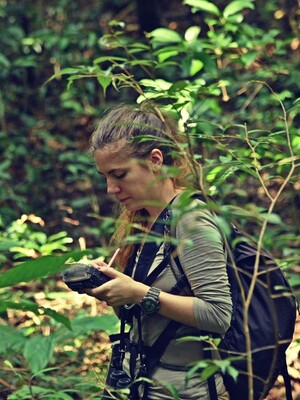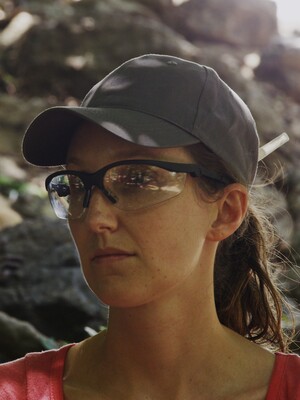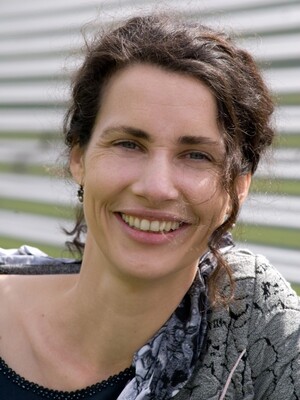Socio-Ecological Drivers of Social Relationships

Although affiliative relationships are wide-spread in group-living animals, the evolved function of these relationships remains unclear. Macaques share a similar social organisation, but show substantial variation in their social structure and ecology, making them an ideal system in which to study the selective forces acting on social relationships. Using network-based approaches we will quantify variation in the expression of dyadic relationships between female macaques across several groups and populations of 14 species of macaques. These differences in social structure will be linked to differences in social and ecological pressures, such as female hierarchy steepness, male reproductive skew, mean relatedness, climate & seasonality of the habitat and predation risk. We will also consider phylogenetic relationships between species as a driver of similarity between closely related species. By taking a cross-species comparative approach, we can uncover which types of social relationships are selected for under different socio-ecological contexts. Ultimately, we aim to explicitly address which types of social relationships are adaptive under which circumstances, and why. This project is part of the larger, ERC-funded FriendOrigins project, looking at the evolutionary origin and function of friendships.
Meet The Team

Dr Delphine De Moor
Postdoctoral Research Fellow at the University of Exeter's Center For Research In Animal Behaviour
"I am primarily interested in the evolution of sociality. My research asks why social relationships evolved and how they are maintained. Within groups, individuals differ in their tendencies to interact with others and in how deeply embedded they are in their social networks. Across group-living species, the patterning of social interactions and the network structures that emerge from those patterns, varies. Investigating these differences allows me to determine the mechanisms that drive social relationships, their impact on individual health, aging, life-history, and fitness, and to ultimately draw conclusions about their evolved function".

Dr Lauren Brent
Associate Professor at the University of Exeter's Center For Research In Animal Behaviour
"I am primarily interested in the evolution of sociality. My research asks why social relationships evolved and how they are maintained. Within groups, individuals differ in their tendencies to interact with others and in how deeply embedded they are in their social networks. Across group-living species, the patterning of social interactions and the network structures that emerge from those patterns, varies. Investigating these differences allows me to determine the mechanisms that drive social relationships, their impact on individual health, aging, life-history, and fitness, and to ultimately draw conclusions about their evolved function".

Dr Julia Ostner
Professor and Department Leader at the Johann-Friedrich-Blumenbach Institute for Zoology and Anthropology, University of Göttingen and the German Primate Center (DPZ)
"I am interested in the evolution of social relationships and in particular social bonds in primates. In my research I address questions on (a) the adaptive value of social bonds and the behavioural mechanisms of their formation, (b) the criteria of social partner choice, (c) the physiological regulation and consequences of social bonds, and (d) the influence of early adversity on later-life bonding and the course of social bonds across the the lifespan. Together with Oliver Schülke, I direct a longterm field site on Assamese macaques at their natural habitat at Phu Khieo Wildlife Sanctuary in Thailand".

Dr Oliver Schülke
Senior Scientist at Johann-Friedrich-Blumenbach Institute for Zoology and Anthropology, University of Göttingen and the German Primate Center (DPZ)
"I am a behavioral ecologist interested in the evolution social systems. I worked on colobines and lemurs and used comparative analyses before I began focusing on macaques. Most of my energy goes into a long-term field project on a population of Assamese macaques in Thailand that I direct with Julia Ostner. With students and doctoral researchers in our group we also studied stump-tailed, Siberut, crested black, Barbary, and rhesus macaques. We are particularly interested in how the different parts of the social system interact and how everyday social behaviour translates into evolutionary fitness".